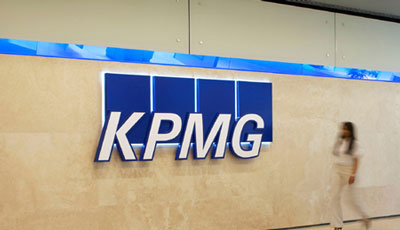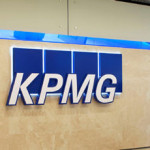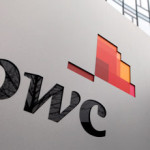KPMG: What Audit committees cite as top challenges in 2015

KPMG issued a press release saying that:
Audit committees cite uncertainty, volatility and high risk environment as top challenges in 2015
More Boards Reallocating Oversight Duties as Risk Environment Strains Audit Committee Agendas.
Audit committees around the world said economic and political uncertainty and volatility, regulatory compliance, and operational risk pose the greatest challenges for companies in the year ahead, according to a new survey from KPMG of 1,500 audit committee members in 36 countries. For the second straight year, they also said it is increasingly difficult, given the audit committee’s time and expertise, to oversee major risks in addition to financial reporting.
Three out of four surveyed said the time required to carry out their audit committee responsibilities has increased significantly (24 percent) or moderately (51 percent), and half said the job continues to grow more difficult given the committee’s time and expertise. Many audit committees say they have at least some responsibility for significant aspects of risk oversight—in addition to financial reporting—such as cyber security and technology, global compliance, and operational risks, or the company’s risk processes generally.
“The resounding message is that the audit committee’s heavy workload continues to be a challenge and a concern,” said Larry Bradley, KPMG’s Global Head of Audit. “Overseeing financial reporting and audit is a major undertaking in itself, and the risk environment is clearly straining many audit committee agendas today.”
Asked which issues will require more attention in 2015, survey respondents cited cyber security and the pace of technology change, risk management and operational risk, and regulatory compliance.
“A positive development is that more boards are reassessing or reallocating risk oversight responsibilities to better balance the workload,” Mr. Bradley said.
More than one-third of boards have recently reallocated risk oversight duties among the full board and its committees (up from 25 percent last year), and 32 percent said they may consider doing so in the near future.
“A more balanced agenda for the audit committee can translate into more time for quality discussions and a deeper understanding of the business,” Mr. Bradley added.
While audit committees continue to express confidence in their oversight of the company’s financial reporting and audit, the KPMG survey highlights a number of ongoing challenges and concerns globally:
- The quality of risk information is falling short—particularly on cyber security and technology risk, talent and innovation, and business model disruption.
- The company’s readiness to respond to loss of critical infrastructure—financial systems, telecommunications networks, transportation, energy/power—may require more attention.
- Among senior leaders of the business, the CIO ranks lowest in terms of quality interaction and communication with the audit committee.
- CFO succession planning continues to be a major gap, with many audit committees ranking themselves lowest in this area.
- Many audit committees want to dive deeper into the finance organization’s work, including financial risk management, capital allocation, tax, and debt.
- The internal audit function could deliver greater value to the organization.
- External auditors could better support the audit committee by sharing industry-specific insights and views on the quality of the company’s financial management team.
Assessing their overall effectiveness, most audit committees said they would benefit from a better understanding of the company’s strategy and risks; more “white space” time on the agenda for open dialogue; greater diversity of thinking, perspectives, and experiences; and technology expertise on the committee.




























